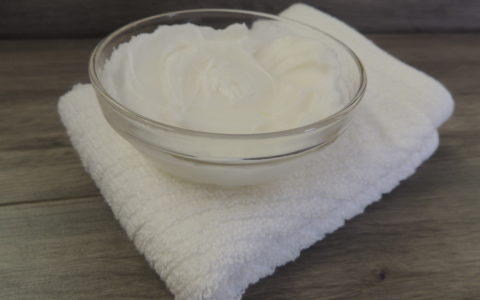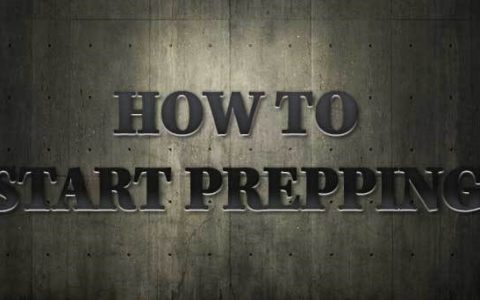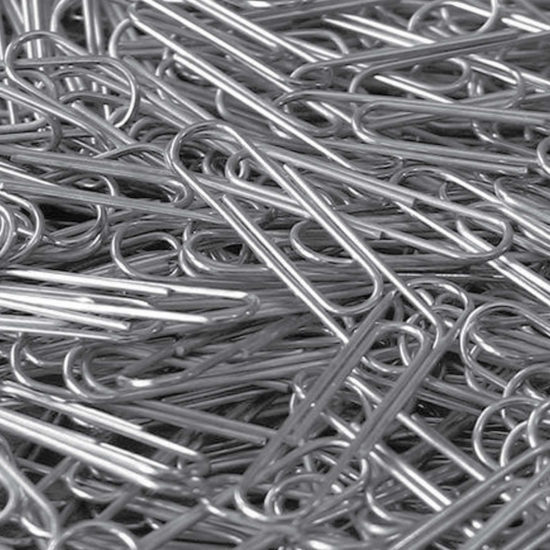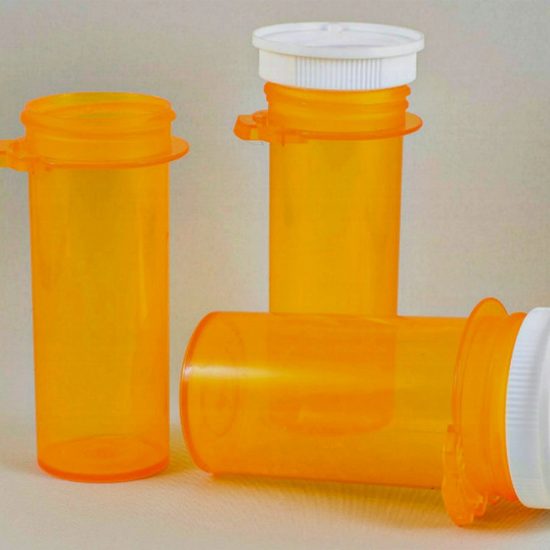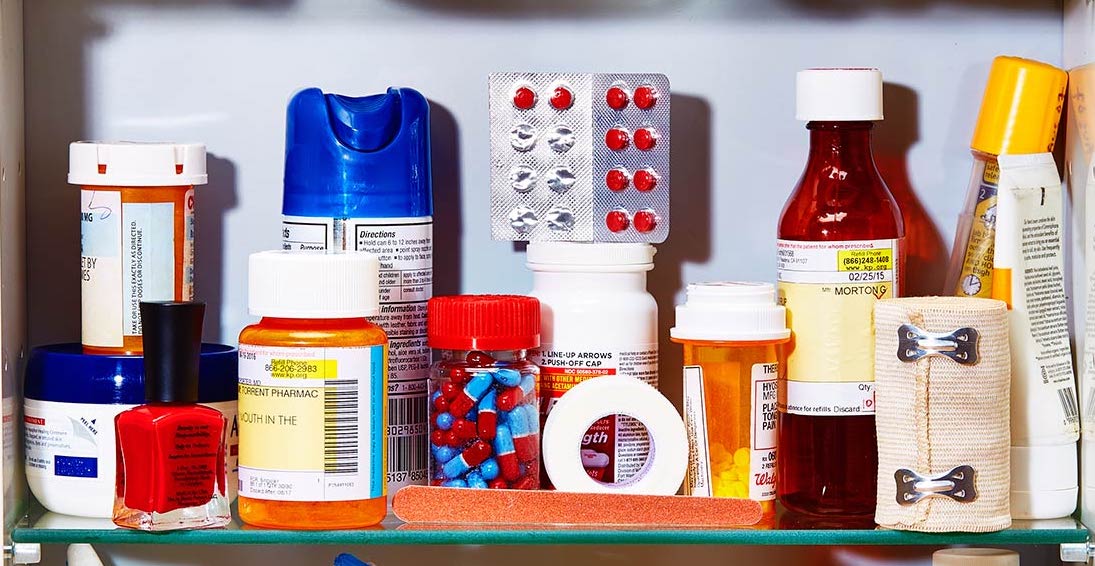
As preppers we stock up on supplies that we think we will need in an emergency. The order of priority for these items is usually tied to what our bodies need to survive. We can only live for 3 days (on average) without water so we make plans to purchase storage containers and water filtration systems to cover that base. We next need food, so we stock our pantries full of store-bought and freeze-dried food for a situation where the grocery store is either unreachable or out of food. Security and shelter round out the list of initial survival concepts you want to take care of but what else is there?
There are so many aspects to preparedness, but one of the more important ones to consider is medicine. If the grid goes down, the pharmacy will be in the same boat as that grocery store. If you are still able to purchase items (grid up), they may be sold out with no reasonable hope of resupply. You don’t want to find yourself in a situation where you need simply medical supplies to treat illness or injury and aren’t able to procure them for your family. Thinking about your families’ health from an injury standpoint isn’t as sexy as buying a good SHTF weapon, but knowing which medicine to stock up on for an emergency will allow you to plan for disruptions and possibly keep your family more healthy when they need it the most.
What are important types of medicine to stock up on?
This list certainly won’t take the place of a hospital pharmacy and it surely won’t give you the skills you need to treat every injury, but even the most basic of medical supplies and a little knowledge could help you out. When shopping for medicines or thinking about first aid, I consider what types of injuries you could encounter in a disaster.
Disasters both natural and man-made bring death, disease and injuries. The medicines you need to stock up on should take some of these into consideration while not addressing every conceivable ailment under the sun. To achieve a basic level of preparedness I would recommend having the following items on hand.
Pain Medication / Fever Reducer
By pain medication I am referring to over the counter pain relievers. This can help with anything from headaches, sore muscles from too much exercise after SHTF or injuries. Acetaminophen (Tylenol) is good for relieving pain and fever. It is generally less irritating to the stomach and is safer for children but can be toxic to the liver if you take too much of it.
Aspirin, Ibuprofen (Advil, Motrin) are examples of non-steroidal anti-inflammatory drugs (NSAIDs). These reduce inflammation caused by injury, arthritis or fever. They can also assist with pain associated with menstruation.
Children shouldn’t be given aspirin as it has been shown to cause Reye’s syndrome and can cause other bad effects. For pain medication I would have at least a bottle or two of your favorite pain reliever. For smaller children who might take liquid or chewable tablets I would stock up on that also. You don’t want your child to experience a fever without having medicine to bring that fever down if needed. The medicines above can be useful for both reducing inflammation, relieving pain and reducing fevers. I personally like aspirin for headaches but we do have large bottles of the other two on hand as well.
Anti-diarrheal
One of our readers put this as his top 4 or 5 items to have in his bug out bag and I can understand the rationale. The last thing you need to worry about in a bug out scenario is pulling over every twenty minutes or trying to find a safe place to let it all out. Diarrhea besides being messy as all get out can dehydrate a person quickly. Dehydration leads to weakness, irritability and confusion. Not the state you want to find yourself in an emergency.
There are two main types of medicines that help stop diarrhea, thickening mixtures (psyllium) absorb water and gives number 2 a little more volume. Antispasmodic products slow the spasms of your lower intestine. Loperamide is the active ingredient in products like Imodium and Pepto Diarrheal control. I have also seen loperamide hydrochloride in pill form in dozens of first aid kits. Fortunately, I have never had to use them but have them just in case. Better safe than sorry.
Antibiotics
Sooner or later someone you know will need something a little stronger than a clean bandage. Antibiotics are used in the treatment of bacterial infections. A cut from a rusty piece of metal when the grid is up isn’t life threatening. Without something to fight the infection in a grid down world, a bacterial infection could spell death. Antibiotics do not work on viruses though, so they won’t help you out with every illness.
How do you know when to use antibiotics?
The answer depends on what is causing your infection. The following are some basic guidelines from Familydoctor.org:
- Colds and flu. Viruses cause these illnesses. They can’t be cured with antibiotics.
- Cough or bronchitis. Viruses almost always cause these. However, if you have a problem with your lungs or an illness that lasts a long time, bacteria may actually be the cause. Your doctor may decide to try using an antibiotic.
- Sore throat. Most sore throats are caused by viruses and don’t need antibiotics. However, strep throat is caused by bacteria. Your doctor can determine if you have strep throat and can prescribe an antibiotic.
- Ear infections. There are several types of ear infections. Antibiotics are used for some (but not all) ear infections.
- Sinus infections. Antibiotics are often used to treat sinus infections. However, a runny nose and yellow or green mucus do not necessarily mean you need an antibiotic. Read more about treating sinusitis.
Obtaining extra antibiotics could be difficult without a willing doctor or an active prescription. A common alternative to pharmacy antibiotics is fish antibiotics. Largely made with the same compounds, fish antibiotics are available without a prescription.
Colloidal Silver
Colloidal silver isn’t loved by the medical or scientific establishment, but that doesn’t mean it does not work. Colloidal Silver or CS as it is referred to by some is said to be an excellent antibiotic with the side benefit of being able to be made with simple materials by anyone. You should research for yourself whether or not this is a prepper supply you want to store and there are well documented cases of people who have abused this. I have some in my medicine cabinet.
Additional medical supplies
- Oral re-hydration solution – To offset the effects of dehydration caused by illness or diarrhea, make your own by adding 6-8 teaspoons of sugar and 1 teaspoon of salt to 1 liter of water. Best to boil the water, add the sugar and salt while it is still warm to dissolve completely and let cool.
- Multi-vitamins – I know the experts say that vitamins don’t do anything for you, but I believe if your body is deprived of vitamins supplementing with a good multi vitamin is a good idea.
- Bandages – Probably more than you would ever expect to need. Bandages on wounds need to be routinely changed and the wound cleaned (based upon injury of course, consult a medical resource book for frequency) and you can easily go through dozens with one injury.
- Rubbing Alcohol and Hydrogen Peroxide – Both alcohol and hydrogen peroxide are useful for cleaning wounds but each have many other benefits in the prepper’s first aid kit.
- Cough Drops – Sure there are natural alternatives to cough drops, but you can buy a few hundred for less than $10
- Anti-itch creme – Itching sucks.
- Honey – Natural honey can be used to treat wounds and never goes bad if you have it stored properly. Plus it tastes great on that oatmeal you have stored in your pantry too.
- Knee Braces and Ace Bandages – A lot of injuries will simply take time to heal. A good knee brace can make getting around possible for someone with mild injuries. Ace bandages can help with sprains.
- Any prescriptions you take regularly – An entire post could be written about obtaining supplies of life-saving medical prescriptions. The sad fact is that in a grid down world, many people who can no longer access prescriptive medicine may die. There are alternative treatments, homeopathic remedies and natural substitutes for some specific medicines, but these should all be researched thoroughly on your own. At a minimum you should have at least a one month supply of any medicine you must take. If the disaster allows you to make it to another medical provider you have some time.
- Thermometer – Get the old-fashioned kind if you are worried about EMP, although the newer digital thermometers are really nice too.
- Blood Pressure Cuff – Helpful in situations although requires some training on how to use one properly. Don’t forget the Stethoscope to hear the heartbeat. – Hat tip to Ty for these last three great recommendations.
When does medicine go bad?
Yes, medicine does go bad, but it may not be bad in the way you think or as quickly as you might believe. For one thing the expiration date on medicine does not mean that the medicine is bad after that date. Medicine does start to lose its effectiveness over time though so keeping your medicine up to date is the best approach to having a good supply of medicine in your home.
How quickly a particular medicine loses its potency will vary by the medicine and the conditions where it is kept. Moisture and heat are not friends to medicine so a cool dry place out of sunlight is the best location. Medicine that has changed color, texture or smell even if it has not expired shouldn’t be taken. If pills stick together or are harder or softer, show cracks or chips they likely need to be replaced.
This is really just a start at some of the most obvious medicine to stock up on but each person has their own needs. What is your plan if you can’t get to the doctor?




